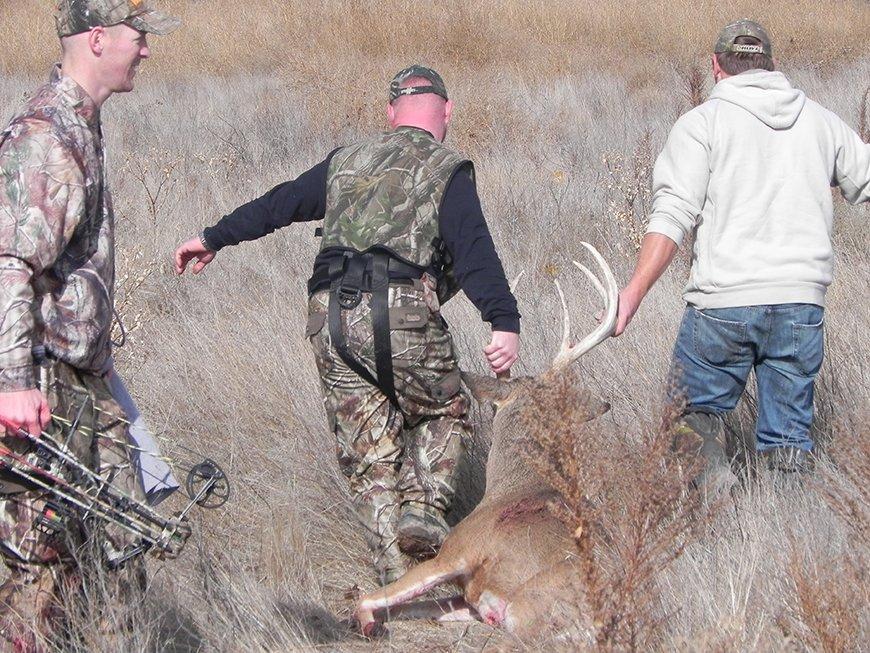Hunting Access: Is Leasing Killing Deer Hunting?
As a guy who hunts public land a fair amount of time, I pay attention to issues that impact hunting access.
That said, I don't exclusively hunt public land and, truth be told, the hunting is often better on private land. Every state is different. Some places that I hunt offer public land that's better deer hunting than any piece of private land I can imagine here in my home state of Michigan. In fact, I've hunted some pieces of public ground that I'd actually choose to hunt over private land in the same area.
But, for the majority of deer hunters, access to private land is the difference of hunting or not. Not every state has an abundance of public land and what little public ground there is isn't exactly a hunter's paradise.
Access to a place to hunt is critical. How critical? In its 2013 Whitetail Report, the Quality Deer Management Association asked state wildlife managers to list the top threats to deer management in their respective states. The No. 1 factor, by a mile, was hunter access.
As deer hunters, we are a hard-headed bunch. And I'd bet that if I were to ask 100 of you what you thought the greatest threat to hunter access was you'd say "leasing."
And you'd be wrong.
In its 2011 Whitetail Report, the QDMA cited studies showing that just 6.9 percent of hunters had leased land for hunting in 2006, a percentage that had declined about 14 percent from 2001-06. Updated figures for the last seven years weren't available but indications are that the trend has continued to decline. I admit I had a hard time believing those numbers as well. But, I'm a deer hunter. And hard-headed.
What has increased? The number of hunters buying land to hunt. The QDMA report goes on to say that land ownership patterns have changed dramatically over the past decade or so. More and more hunters now own land for hunting. And they simply aren't willing to share that land with other hunters. Nothing wrong with that really. But, you can see where we start to run into access issues when more and more land is locked up for small groups of hunters.
Budget cuts in state and federal agencies also come into play as less and less management and active habitat improvements have been occurring on public lands.
So what does all of this mean?
It means, as hunters, we need to pay attention. We need to be active in the decisions that are made as to how our public land is managed. We need to think twice before summarily turning up our collective noses at license fee increases or habitat stamp programs. Without funding, state and federal agencies have no means for making the places we can hunt better. I'm not saying hand your DNR a blank check. In fact, do the opposite: Tell them you're willing to pay more for a better product. And then hold them to that standard.
We need to better maintain our relationships with those landowners that do allow us to hunt.
We need to support those groups and organizations that are focused on access-related issues.
We need to think. And, perhaps, stop assuming we already know the answers.







